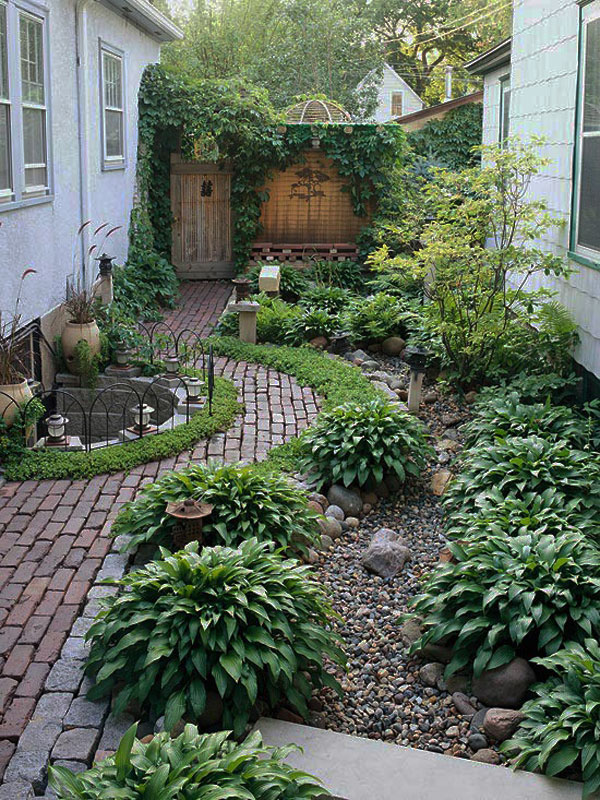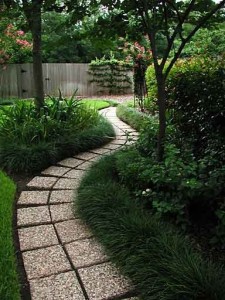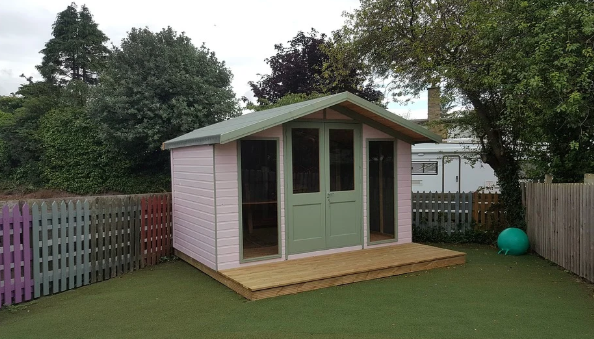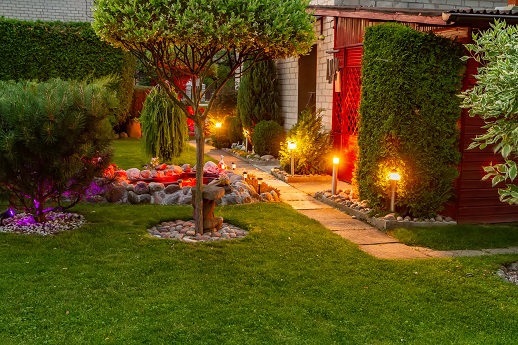People often take up various hobbies to pass the time. For instance, baking, painting, swimming, or even gardening are some of the most common hobbies one can have. If you love nature or caring for plants, then creating a garden may be the ideal hobby for you. This, however, requires hard work, and you have to be willing to get your hands dirty. This is because plants are living organisms that require care and attention in order to survive. You do not have to worry, however, as there are mechanisms which you can use to ensure that you use fewer resources and time to take care of your garden. Below are a couple of such tips which you can use to help you put less effort into taking care of your garden.
1. Keep it simple
For a low maintenance garden, the first step that you need to do is to reduce the number of plants in your garden. Taking this step will help to reduce the area that you have to regularly maintain. If possible, keep the plants in your garden at the far ends and increase the garden paths which will make it possible to access any area of the garden without much difficulty. Garden paths are great as they help to keep weeds away and also add a creative aspect to the garden. Keep your landscape designs easy and focus on growing plants that do not require so much maintenance. This will ensure that you will keep all the shearing and pruning at a minimum. Consider using plant beds instead of growing them in containers which will require much more observation and care.
2. Reduce the size of your lawn
A lawn requires a whole lot of regular maintenance which takes up a lot of time and resources. Some of the regular maintenance activities that one has to do include mowing the lawn, using fertilizer, and watering the lawn, all in a bid to keep the grass green. To reduce the effort required to keep up with these tasks, one simply has to reduce the size of the lawn so as to grant you the time that you need to focus on the rest of the plants in the low maintenance garden. In addition, you can consider using artificial grass instead.
3. Have fewer types of plants
Being a nature lover, you may be tempted to have a set of different types of plants in your garden, for diversity and beauty. The problem with this, however, is that all these different plants have various needs and will require different measures of care and attention. Some of these will require more surveillance than others and you will actually end up spending a lot more resources, time and cash in catering for all these needs. To avoid all these issues, it is thus advisable to have fewer varieties of plants. It will be easier not to overlook the needs of some and it will also enable you to spot weeds and diseases sooner. This will thus ensure that the overall health of your garden is maintained.











